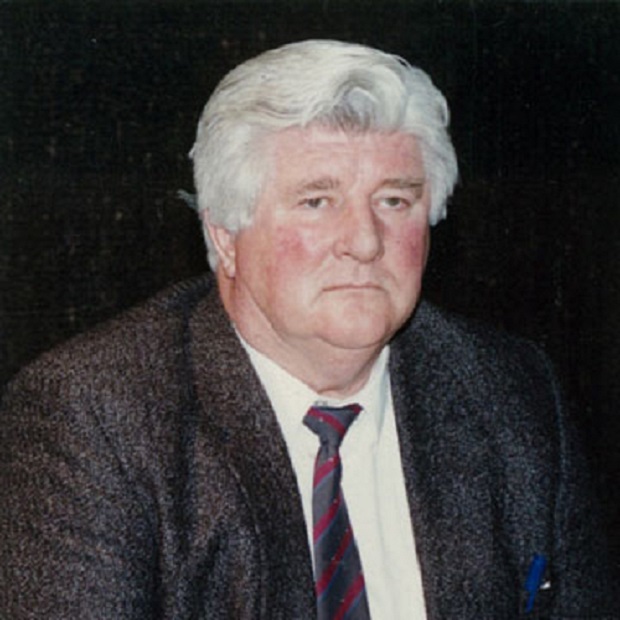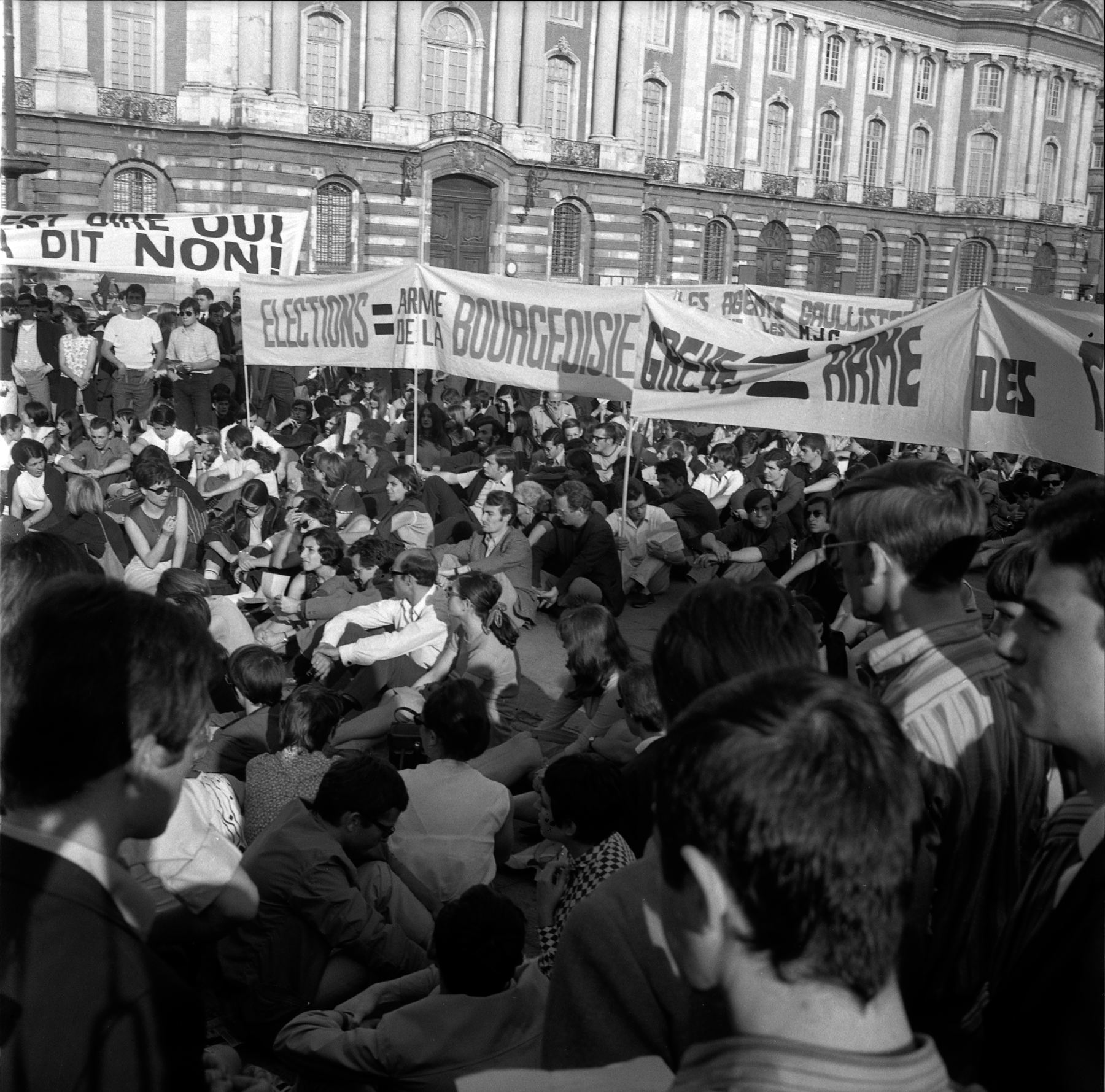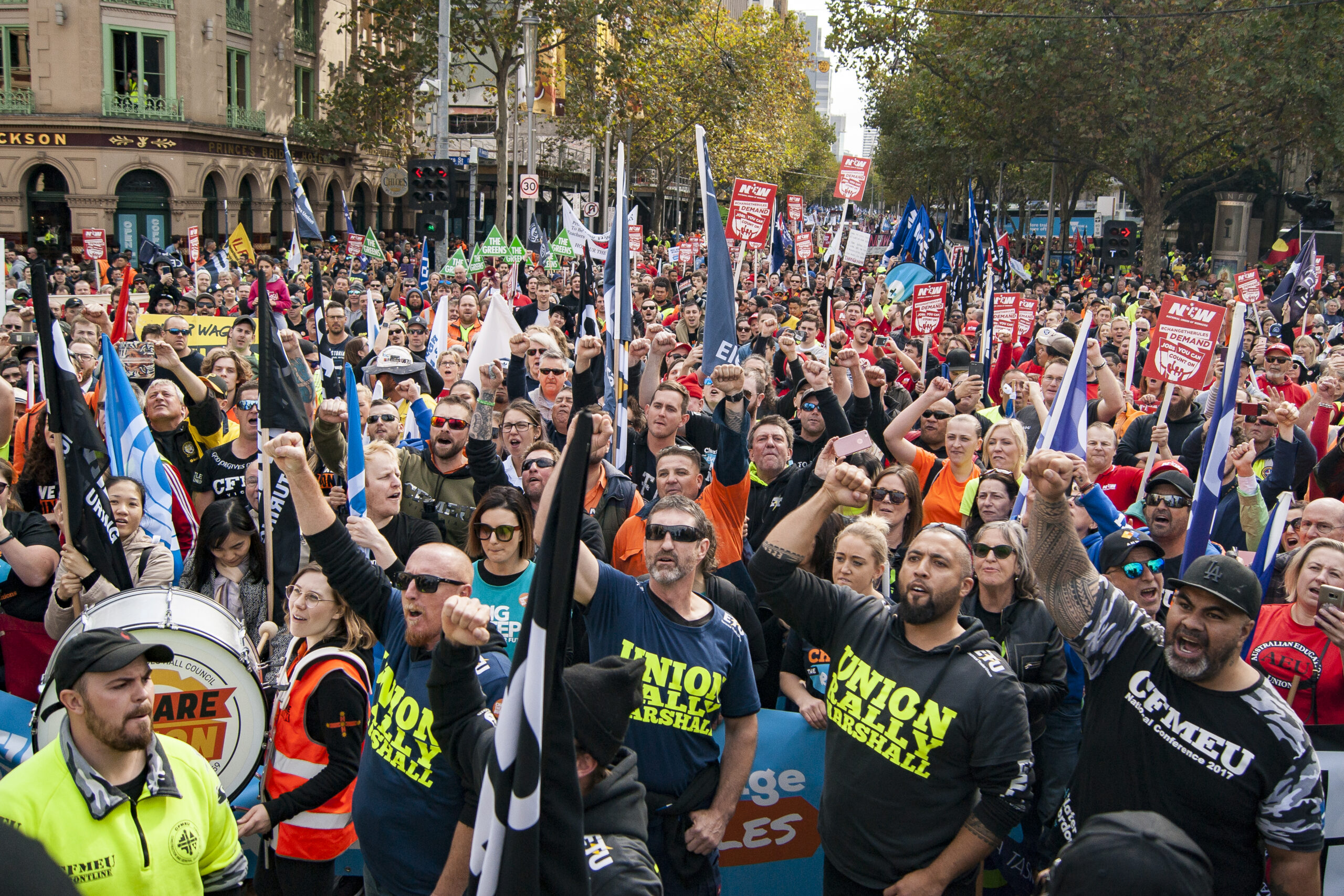Con Devitt, an outstanding trade union militant, socialist and organizer, has died at the age of 86. Devitt, a long-time leader of the Boilermakers’ Union in Wellington, made an enormous contribution to the class struggle and the workers’ movement, especially in his important periods of leadership in the 1970s and 1980s.
From a working-class home in Glasgow, Devitt was part of the wave of post-war migration from Britain to New Zealand. Many of these migrants brought with them traditions of union solidarity and class struggle from Britain: John Findlay was another Clydeside boilermaker turned New Zealand union leader. It’s for this reason that the media and the right-wing cultivated the stereotype of the “whingeing Pom” and the outside agitator. Whatever his accent, however, Devitt spoke in a language workers – whether migrant or local – could understand. His message was to stand up for your rights and to trust in your own strength.
Boilermakers worked over 60-hour weeks at one stage, with many men leaving the industry with permanent hearing loss and little support. There was plenty for unions to fight over.
For this commitment, Devitt and his comrades in the Boilermakers’ Union earned the hatred and scorn of the ruling class, the political establishment – Labour and National – and the Wellington and national media. A 1977 commission of enquiry into the heavy engineering industry blamed closures on the unions and talked up “disruptive tactics and restrictive practices imposed by certain sections of the Auckland and Wellington boilermaker unions.” A concerted campaign of slanders against Wellington and Kawerau boilermakers led to their unions being deregistered. National Prime Minister Robert Muldoon ranted against him. The Dominion and the Evening Post editorialised against his tactics and outlook. We should take all of this as a sign he knew how to do a good job standing up for his members.
Devitt is associated most famously with the BNZ Building at the corner of Willis Street and Lambton Quay. Construction was delayed for years, mainly because of poor planning and problems with materials. But the union – and its campaigns to defend its rights to organise the site – was set up as the demon of the story. Karl Du Fresne told an audience in 2007 that Devitt “added seven years” to the project. No one in Wellington’s business elite could forgive him for such a powerful statement of workers’ power.
The Boilermakers were, in relative terms, a well-paid and well-organised section of the blue-collar working class but, since this was the result of organisation and struggle, it led to them offering solidarity to others. Devitt spoke at socialist forums and on other platforms, and the union gave to many progressive causes through the 1970s. Devitt never resiled from his militancy, telling the Evening Post in 1995 that socialism was “a good sounding word.” His union was red-baited viciously for the presence of communists in its leadership, and was one of the targets of National’s famous cartoon anti-communist ads from the 70s. They treated these slurs with contempt, and made no apologies for left-wing politics.
I had the honour of working with Devitt and his wife Joyce once in 2004 on the organising committee for Wellington’s May Day celebrations. He was a gruff man but with none of his enthusiasm diminished. I remember him insisting that we needed a committee banner with the word ‘socialism’ in it, something that hadn’t occurred to those of us with our heads full of the anti-capitalist movement of the time.
Devitt’s legacy poses a challenge for those of us rebuilding our unions today. His method and approach differed in all respects from the ideas that have dominated our movement for the last two decades. As unions have embraced partnership with the bosses, moderation, compromise, and have put their hopes in Labour our numbers have shrunk and our influence has diminished. We have precious little to show for the public relation campaigns that have too often taken the place of industrial action and all-out struggle. Devitt was unafraid of confrontation, and realized that his members’ industrial power walking off the job mattered more to bosses’ profits than diffuse ‘public opinion’ would ever mean for union strength. There is much for us to learn today from the Boilermakers’ history.
Don Franks wrote a song for the funeral of Devitt’s friend and fellow militant Jock Hunter called “The one that the bosses hate.” In the song Don distinguishes two types of famous union leaders: the ones that end up rewarded by the state and the ones you can “really trust, the ones that the bosses hate.” Ken Douglas is a member of the Order of New Zealand. Rod Campbell sits on the board of Guiness Peat group. Devitt has the true honour: he was the real deal, an uncompromising class fighter. He is one the bosses still hate.









